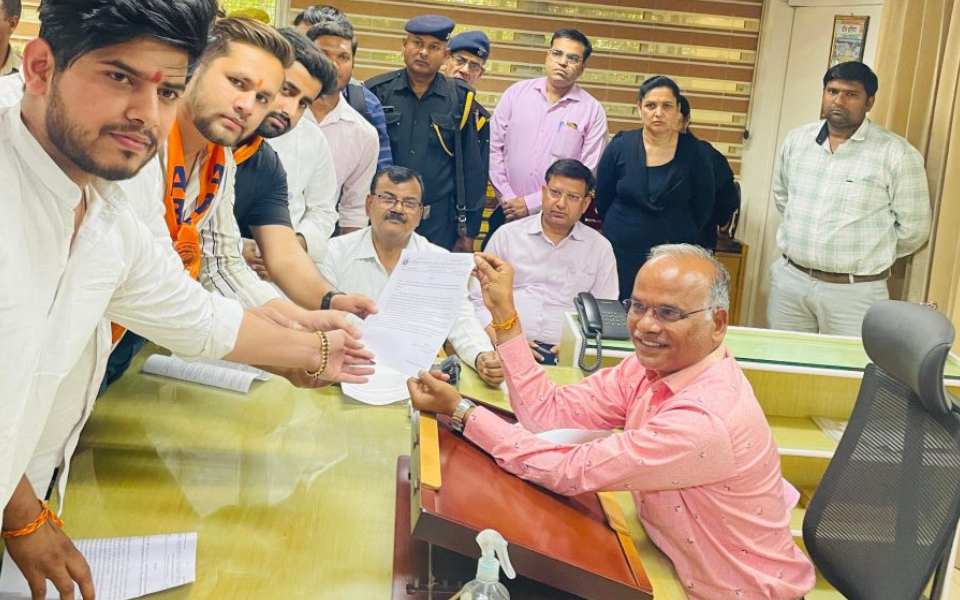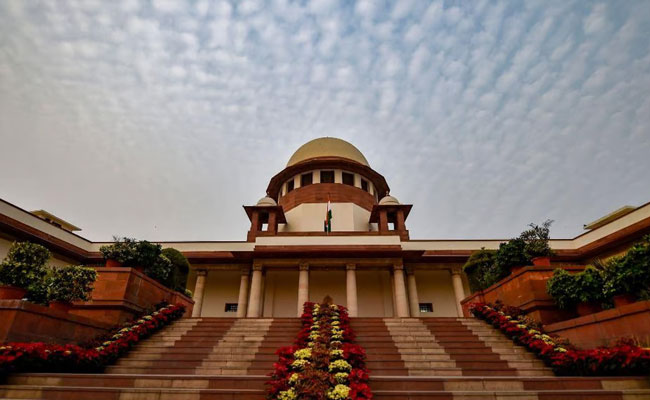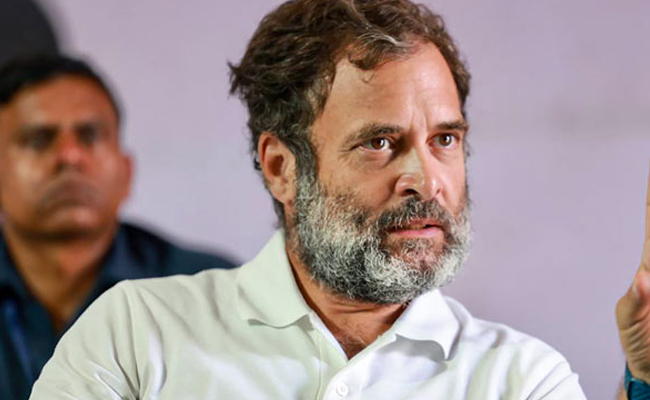Meerut: Chaudhary Charan Singh University (CCSU) in Meerut has barred Seema Panwar, a professor at an affiliated college, from all examination-related work for life after the Akhil Bharatiya Vidyarthi Parishad (ABVP) raised objections to two questions in a political science exam.
The controversy erupted over the MA Political Science final-year exam paper titled ‘State Politics in India’, conducted on April 2. The ABVP claimed that two questions in the paper portrayed the Rashtriya Swayamsevak Sangh (RSS) in a negative light.
One question asked students to identify “anomic groups”—alienated from society—and included the RSS alongside organisations like Dal Khalsa, Naxalite groups, and the Jammu and Kashmir Liberation Front. Another question in a match-the-following format appeared to link RSS with the rise of religious and caste identity politics.
Calling the questions “anti-national,” the ABVP submitted a memorandum to the university, accusing the examiner of promoting an ideology that tarnishes the image of the RSS. The student group threatened mass protests if action was not taken.
Following the complaint, the university’s vice-chancellor formed a team to look into the matter. CCSU Registrar Dhirendra Kumar Verma confirmed that the questions were found “controversial” and that Panwar has been permanently debarred from setting or evaluating examination papers.
Panwar, who teaches at Meerut College, reportedly submitted a written apology. According to the registrar, she stated that her intention was not to defame any organisation and that the questions were based on existing syllabus content.
“She expressed regret and said it was not her intention. She apologised for the mistake. What else could she do?” said Verma.
Let the Truth be known. If you read VB and like VB, please be a VB Supporter and Help us deliver the Truth to one and all.
New Delhi (PTI): The Supreme Court on Monday agreed to consider listing petitions challenging the constitutional validity of the Waqf (Amendment) Act, 2025.
A bench headed by Chief Justice Sanjiv Khanna took note of the submissions of senior advocate Kapil Sibal, appearing for Jamiat Ulama-i-Hind, that the petitions needed to be listed for urgent hearing.
He said several other petitions have already been filed.
"I will see the mentioning letter in the afternoon and take a call. We will list it," the CJI said.
President Droupadi Murmu on Saturday gave her assent to the Waqf (Amendment) Bill, 2025, which was earlier passed by Parliament after heated debates in both Houses.
Several petitions, including one by Samastha Kerala Jamiathul Ulema, have been filed in the apex court challenging the validity of the Act.
In its petition, the Jamiat Ulama-i-Hind has said that this law was a "direct attack on the country's Constitution, which not only provides equal rights to its citizens but also grants them complete religious freedom".
"This bill is a dangerous conspiracy to strip Muslims of their religious freedom. Therefore, we have challenged the Waqf (Amendment) Act, 2025, in the Supreme Court, and the state units of Jamiat Ulama-i-Hind will also challenge the constitutional validity of this law in the high courts of their respective states," the Jamiat stated.





_vb_47.jpeg)